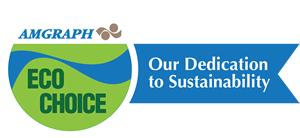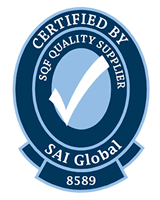One country has figured out how to greatly minimize food waste—to the point that it’s almost nonexistent.
A recent article in The Guardian examined how South Korea manages to recycle close to 100 percent of their food waste—and what their processes could teach the rest of the world about efficient composting.
As early as the 1990s, South Korea began to realize that landfills were approaching their limits, and they started taking steps to ban burying organic waste or dumping it in the ocean. That’s when they began to implement urban curbside composting.
This mandatory composting program began in 2013. Residents purchase special bags that cost about 20 cents each to discard their uneaten food, and the bags are picked up curbside every day except Saturday. People are, of course, also free to compost their food waste for their own personal gardening use. The curbside food waste is hauled off to a processing plant where it is recycled into biogas, animal feed, or fertilizer.
The results of the program have been remarkable. According to the article, South Korea recycled just 2.6 percent of its food waste in 1996—but today, the number is close to 100 percent.
Ease-of-use and accessibility have been crucial to the success of the South Korean model, and it’s something that other countries are examining. The article says that state and municipal governments in the United States are looking at ways to decrease the amount of organic waste that winds up in landfills, including similar curbside composting options. But so far only nine states have instituted any kind of ban on landfilling organic waste—with high costs and logistical complexity remaining a problem.
Read the full article on The Guardian’s website.
Not only does food waste take up massive amounts of space in landfills, but rotting food is a major source of methane gas, too. Composting plays a vital role in solving this problem. At AMGRAPH, we are examining some amazing breakthroughs in compostable packaging solutions, too. Shifting waste out of landfills is one of the most important things we can do in the world of sustainability, and if we can turn waste into useful material through composting, so much the better! If you’re interested in learning about advancements in composting, contact us today!









